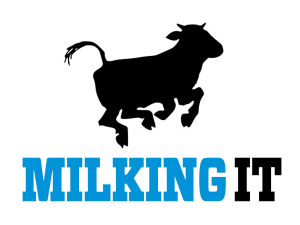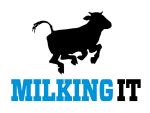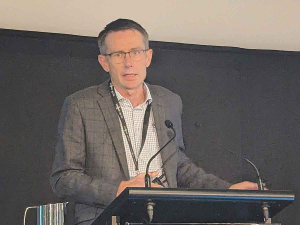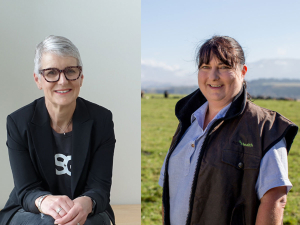OPINION: A debate is brewing in Australia about the ethics of breeding smaller-than-normal animals.
Miniature highland cows are popular with the public in Australia but cattle societies and vets are questioning the ethics of breeding smaller-than-normal animals. A miniature highland cow is classified by its size — which is anything less than the standard size of 1.06 metres.
Most “minis” carry a gene linked to a growth disorder known as chondrodysplasia, which can cause dwarfism.
According to Professor Imke Tammen, from the Sydney School of Veterinary Science, the gene can be lethal if both the sire and the dam (mother cow) carry it.
The Veterinary Institute of Animal Ethics says breeding miniature animals prioritises looks over quality of life.

















